How to Say “Don’t Worry” in Japanese – Expressions and Examples
In this comprehensive guide, we will delve into the intriguing world of expressing “Don’t Worry” in Japanese. Language is a beautiful bridge that connects cultures, and understanding how to convey comfort and reassurance in Japanese can be a valuable skill. Whether you’re planning a trip to Japan, have Japanese friends or colleagues, or simply want to expand your linguistic horizons, this article will equip you with the knowledge and confidence to say “Don’t Worry” in various Japanese expressions and contexts.
The Importance of Language and Cultural Sensitivity
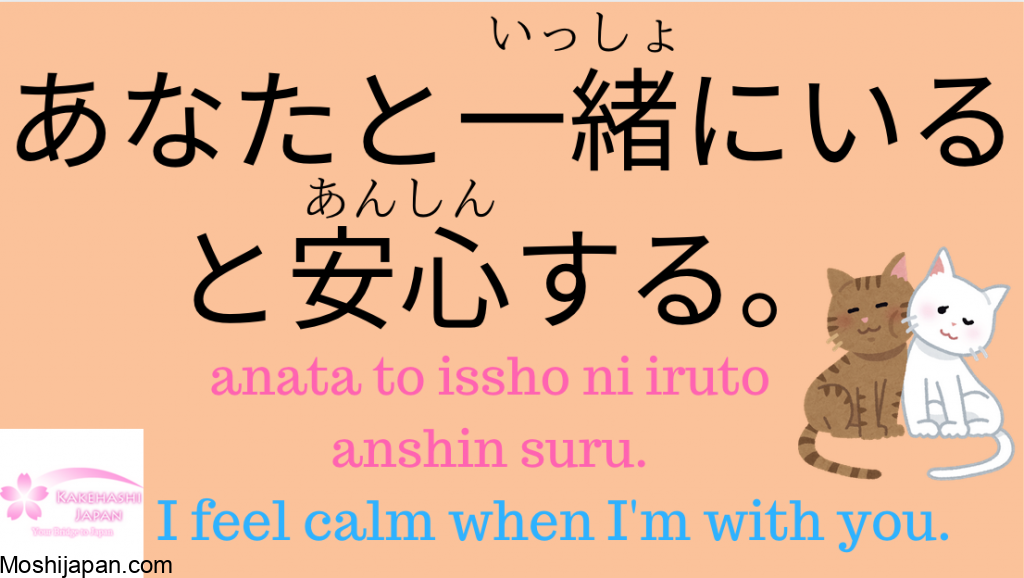
Before we explore the various ways to say “Don’t Worry” in Japanese, it’s essential to recognize the significance of language in cultural interactions. Language is not just a means of communication; it’s a reflection of a culture’s values, traditions, and history. When you make an effort to speak a few words in someone else’s language, you demonstrate respect and appreciation for their culture. This can go a long way in building meaningful connections with people from different backgrounds.
Japanese Culture and the Concept of Worry
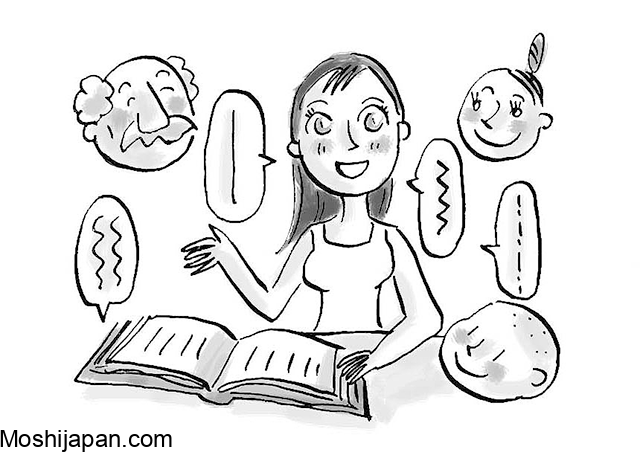
In Japanese culture, the concept of worry or “shinpai” (心配) is deeply rooted. Japan is known for its strong sense of collectivism and social harmony, and people often go to great lengths to avoid causing concern or worry to others. This cultural context is important to keep in mind when using expressions related to worry in Japanese.
Expressions for “Don’t Worry” in Japanese

Now, let’s explore some common expressions and phrases to convey “Don’t Worry” in Japanese:
1. 大丈夫です (Daijoubu desu)
Daijoubu desu is one of the most straightforward and commonly used expressions for “Don’t Worry” in Japanese. It’s a versatile phrase that can be used in various situations to offer reassurance. Whether someone is feeling unwell, facing a challenge, or simply needs comforting, saying “大丈夫です” conveys a sense of comfort and support.
2. 心配しないで (Shinpai shinai de)
Another way to say “Don’t Worry” is by using “心配しないで” (Shinpai shinai de). This phrase directly addresses the act of worrying and encourages the person not to do so. It’s a gentle and caring way to offer comfort and let someone know that their concerns are understood and appreciated.
3. 安心してください (Anshin shite kudasai)
For a more formal and heartfelt expression of “Don’t Worry,” you can use “安心してください” (Anshin shite kudasai). This phrase emphasizes the importance of peace of mind and assures the person that they can feel safe and secure.
4. 大丈夫だよ (Daijoubu da yo)
In casual and friendly conversations, you can opt for “大丈夫だよ” (Daijoubu da yo). This phrase is like a friendly pat on the back, letting someone know that everything will be alright and there’s no need to worry.
Cultural Nuances and Context
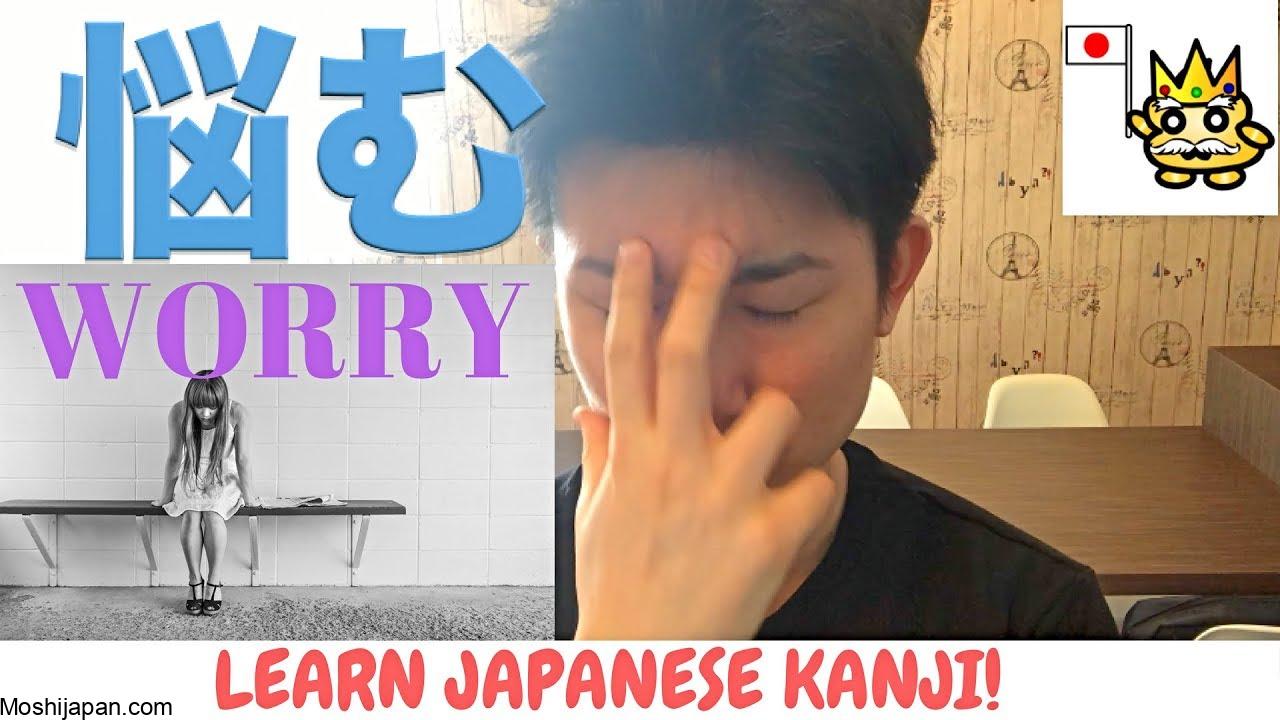
Understanding the nuances of when and how to use these expressions is crucial. In Japanese culture, context and the nature of the relationship between people play a significant role in communication. When offering reassurance, consider the following:
- Formality: Use formal expressions when speaking to superiors, elders, or in professional settings. Informal expressions are suitable for close friends and peers.
- Non-verbal Cues: In addition to words, pay attention to non-verbal cues like body language and tone of voice. A warm smile can enhance the impact of your words.
- Listening: Sometimes, the best way to reassure someone is to listen actively to their concerns. Offering a listening ear can be just as comforting as words.
Putting It into Practice

Now that you’ve learned various ways to say “Don’t Worry” in Japanese, it’s time to put your newfound knowledge into practice. Remember that language is a skill that improves with practice, so don’t be afraid to use these expressions in real-life situations. Whether you’re consoling a friend, encouraging a colleague, or making new connections in Japan, your ability to convey “Don’t Worry” in Japanese will be a valuable asset.
Additional Resources
To further enhance your understanding of Japanese language and culture, consider exploring online resources like Moshijapan.com. This website offers valuable insights and updates on topics related to learning Japanese, including expressions like “Don’t Worry.” You can find more information about this topic and others by visiting their Learn Japanese section.
Frequently Asked Questions (FAQ)Q1: How do I say “Don’t Worry” in a casual context in Japanese?
In a casual context, you can use the phrase “大丈夫だよ” (Daijoubu da yo) to say “Don’t Worry” to friends or peers. It’s a friendly and reassuring way to offer comfort.
Q2: When should I use formal expressions for “Don’t Worry” in Japanese?
Formal expressions like “安心してください” (Anshin shite kudasai) should be used in situations where a high level of formality is required, such as when speaking to superiors, elders, or in professional settings.
Q3: Are non-verbal cues important when conveying “Don’t Worry” in Japanese?
Yes, non-verbal cues such as a warm smile and attentive body language can enhance the impact of your words when offering reassurance in Japanese.
Q4: Where can I find more resources for learning Japanese expressions?
You can explore online resources like Moshijapan.com to find more information and updates on learning Japanese expressions, including how to say “Don’t Worry” in Japanese.
tag
- how to say i lovie you in japan 2024
- living in japan
- nice to meet you in japanese
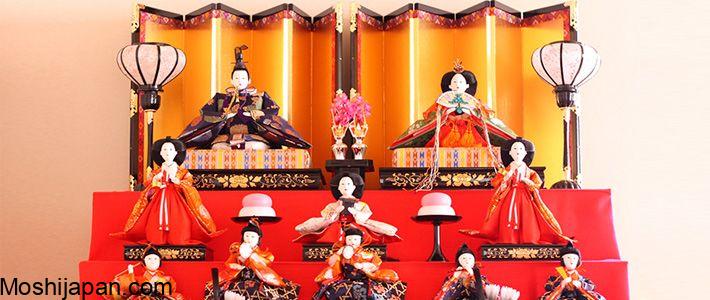

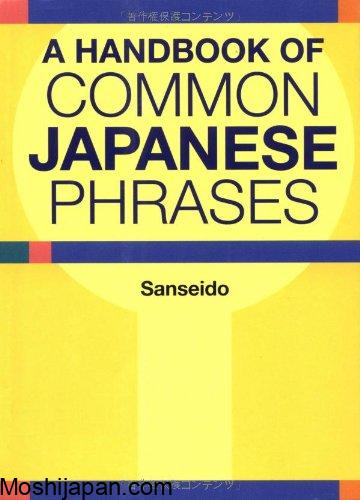
0 Comments